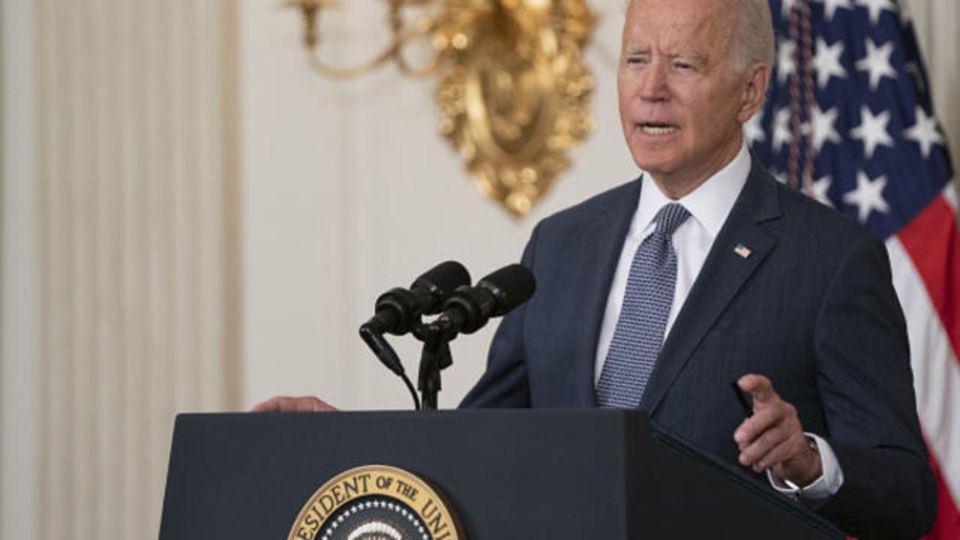On Tuesday, federal regulators put in place a rule that bans new noncompete agreements across the country. These agreements prevent many Americans, including both low-wage workers and CEOs, from switching jobs within their industries.
The Federal Trade Commission voted 3-to-2 on Tuesday afternoon to approve a new rule. This rule will ban noncompete agreements for all workers once it goes into effect in 120 days. Senior executives can still be bound by existing noncompete agreements. Noncompete agreements cannot be enforced for any other employees.
The antitrust and consumer protection agency received feedback from many individuals who claimed to have been negatively affected by noncompete agreements. This demonstrates how these agreements are depriving people of their economic freedom, according to FTC Chair Lina Khan.
The FTC commissioners voted based on their political party affiliations. The two Republican commissioners believed that the agency did not have the authority to create the rule and that decisions like this should be made by Congress.
Shortly after the vote, the U.S. Chamber of Commerce announced that it would take legal action to prevent the implementation of “this unnecessary and unlawful rule.” They also wanted to send a message to other agencies that they will not tolerate such excessive actions. The trade group, which supports American corporations and businesses, said in a statement that the new rule would make it harder for these businesses to stay competitive.
Also Read: Secret Service Prepared for Trump’s Contempt Hush Money Jail Sentence
Why it Matters?
According to Heidi Shierholz, a labor economist and president of the Economic Policy Institute, a left-leaning think tank, the new rule could affect a large number of workers, potentially in the tens of millions.
“According to Shierholz, nonunion workers can only exert influence by choosing to leave their job,” she explained to CBS MoneyWatch. “Noncompete agreements not only prevent you from accepting a job, but also prevent you from starting your own business.”
The FTC has received over 26,000 public comments on the regulations since proposing the new rule. The FTC said in a statement that the final rule would generally prevent most employers from using noncompete clauses.
The agency is taking action more than two years after President Biden instructed them to reduce the unfair use of noncompete agreements. These agreements require employees to give up future job opportunities in their industry in order to keep their current job. The president’s executive order asked the FTC to focus on labor restrictions that prevent employees from finding work.
“The ability to switch jobs is essential for economic freedom and a strong, competitive economy,” Khan stated while arguing for the elimination of noncompete agreements. “Noncompetes prevent workers from easily changing jobs, which means they can’t get higher pay or better working conditions. It also means businesses can’t access the talented workers they need to grow and succeed.”
About 30 million people, which is about one in every five workers in the United States, are affected by noncompete restrictions, as reported by the FTC. The agency says that the new rule could increase worker wages by almost $300 billion annually.
Employers who use noncompetes say that they need them to keep trade secrets or other confidential information that employees might learn while working. The FTC staff has determined that corporations can protect their intellectual assets by using measures like confidentiality agreements and trade secret laws. They don’t need to rely on noncompete agreements.
The commission’s final rule does not cancel existing noncompete agreements with senior executives. Senior executives are defined as those who earn more than $151,164 a year and hold a policy-making position. Regulators say that those executives are more likely to discuss and agree on the details of their pay.
The FTC is prohibiting senior executives from entering into new noncompete agreements because these agreements limit competition and discourage employees from starting new businesses, which could negatively impact consumers.
According to Shierholz, the use of noncompetes to prevent rivals from accessing business information has become more common. She mentioned a well-known case involving Jimmy John’s restaurants.



Leave a Reply